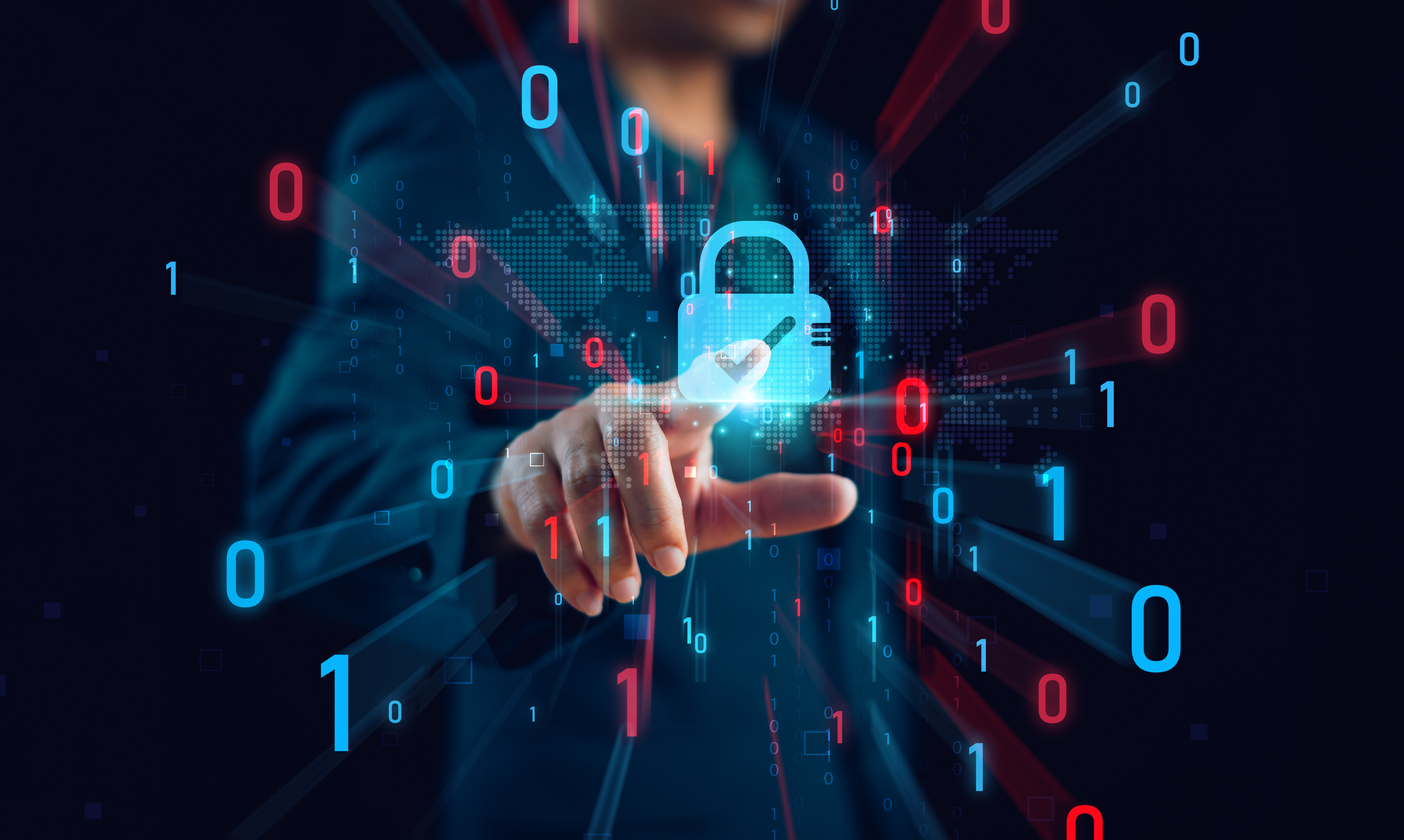Protecting your personal and financial information online can be a challenge. Criminals are constantly deploying an ever-changing variety of scams meant to uncover users’ Social Security numbers, credit card information, bank account credentials or any other personal financial data they can find. Once they’ve acquired it, the outcome is seldom positive: fraudulent credit card charges, stolen cash from bank accounts or loans opened in the victim’s name…in other words, nothing good.
So, is there any way to fight back? Absolutely! Despite the ongoing threat, there are steps you can take to protect your online privacy and device security. A little caution can help you avoid common online chicanery. The most basic rule of thumb? Never share personal or financial information with any person or company that emails, texts or calls you.
Here are some other tips to help you remain safe:
- Check credit reports, bank and credit card statements regularly
Bad things can happen to your accounts in a hurry if you’re not paying attention. Monitor them frequently to ensure that there’s been no suspicious activity. During periods where you do a lot of online shopping, this is particularly important. And while we’re talking about banking, don’t assume that every financially-oriented email you receive is from a reputable source. If you feel a need to respond, instead of clicking on links (which can take you to some very unsavory areas), type the email address instead.
- Public wi-fi is, well…public
Public wi-fi is great…but not if you need to check personal info, financial or otherwise. Bottom line: if you must view your accounts, use a VPN before gaining access. That way, you can be sure the guy sipping latte at the next table isn’t checking out your bank account, too. And, by the way, be aware of your surroundings; that guy looking over your shoulder is probably not waiting for you to pull up the weather report. Shoulder surfing is real, and can have real consequences.
- Install security software and update it as needed (along with system patches)
Cybercriminals are always looking to refine their techniques…so it pays to keep up with them. If you don’t already have it, install security software and make every recommended update. No security software is 100% impervious, but your odds of a safe online experience are dramatically increased when you have the latest version. When you receive a system upgrade prompt, adding those new patches should also be taken seriously – in may cases, security measures have been included to thwart ever-changing online threats. A few minutes of download could save big headaches later.
- Strange file name? Don’t fall for their game
You see .doc or .gif files all the time…but don’t be lulled into thinking every file name is equal. An unfamiliar extension name, like .exe, .pif or .vbs should never be opened. Chances are, it’s dangerous. Watch for double extension names, too (like .doc.exe).
- Bad spelling or design? It likely also means bad intentions
One sure “red flag” is an email message or website that contains obvious typos or has poor design. Delete those immediately! No reputable individual or organization would reach out with a poorly designed and executed message.
- Change your Pa55w0rd$ regularly
It probably feels like you’ve heard this a million times – but it’s no less valid now than it was years ago. A strong password with a combination of upper- and lower-case letters, numbers and symbols can help keep bad guys at bay. Especially when you frequently change them. Finally, don’t use the same password on multiple sites – if you get hacked once, your other accounts will still be safe. For added safety, consider multifactor authentication…it increases the odds of keeping the bad guys away.
At First Internet Bank, keeping your account and personal information safe and secure is our top priority every day. We use only the most current, top-rated network technology – like firewalls, encryption and secure sessions – to ensure that all of your online transactions and personal information are protected. Our systems are designed to guard against malicious activity and to provide consistent, uninterrupted service to our customers.
Oh, and one other thing…please remember: as noted above, we will never ask for sensitive information such as Social Security number, account number, PIN, online banking username or password in an email. If you see something that looks suspicious to you, please contact a Relationship Banker at firstib.com or by calling 1-888-873-3424.





